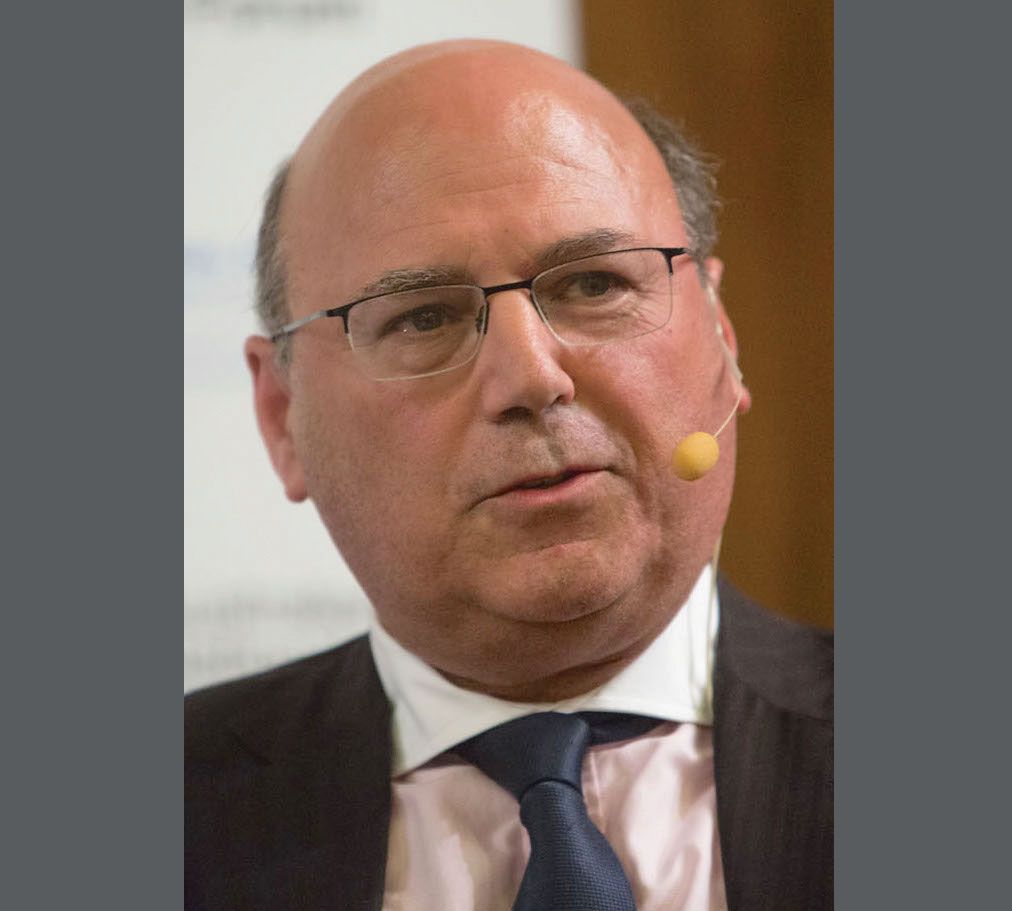By Arthur Sinodinos
•
November 27, 2024
Science matters to every aspect of our lives. And yet it is under attack like never before in our lifetime. Climate change is just the latest battleground. The great American science communicator Neil deGrasse Tyson once said, “Once you have an innovation culture, even those who are not scientists or engineers – poets, actors, journalists – they, as communities, embrace the meaning of what it is to be scientifically literate. They embrace the concept of an innovation culture. They vote in ways that promote it. They don’t fight science and they don’t fight technology.” It was recently reported that climate change will be taught as part of the high-school syllabus. Climate sceptics immediately jumped in to suggest that both sides of the argument be presented to students. On the face of it, that sounds fair, except that climate matters are a matter of science rather than a matter of opinion. The antagonism towards science goes further than climate science. Green groups cherry-pick the science, too. They are antagonistic towards genetically modified foods, which do not fit their organic worldview. Anti-vaccination groups prefer half-baked theories and pseudo-medicine to rigorous, evidence-based medicine. Beyond science, expertise, more broadly, is questioned. Some prefer to put their faith in the "wisdom of crowds." This aversion to science is being fuelled by the spread of fake news and preferred facts. Confirmation bias is rife. We look for facts and opinions to back up our point of view or favourite conspiracy theory. These conspiracies often turn on the role of people or institutions we do not like allegedly subverting the popular will. Mistrust of experts is facilitated by the rise of powerful search engines. Access to Google has made us all pseudo-researchers. We can scour the web for information and opinions to back up our preconceptions. How many people self-diagnose using Dr Google? Scientists cannot afford to leave it to others to fight their battles, whether in the halls of power or the public square. This is a hard ask for many scientists, who have traditionally been reluctant to engage in an adversarial way in the public arena. In other words, scientists prefer to let their work do the talking. Accordingly, we do not celebrate scientists in the same way or to the same extent that we do athletes and entertainers. Few scientists are household names, even though the fruits of science are all around us and make life possible on Earth. Appropriately, scientists are also very careful to avoid the kind of emphatic statements and ’soundbites’ so beloved of the media. The scientific method relies on constant querying, testing and retesting of hypotheses to disprove a proposition. Beautiful theories are slain by ugly facts. Some climate scientists argue that it is better not to engage in debate and simply ignore sceptics. Others argue, from a more rigorous point of view, that understanding why someone may be a climate sceptic is the key to potentially talking them around. I sought to engage climate sceptic Malcolm Roberts of Pauline Hanson’s One Nation in dialogue when I was science minister. I brought his researchers together with senior scientists at the CSIRO for what I hoped would be a rigorous, evidence-based process. There were multiple sessions, but agreement was not possible. In retrospect, I’m not surprised. Another approach is to appeal to other views held by these sceptics – for example, those who support the use of nuclear energy in the interests of national sovereignty and self-sufficiency. We cannot wring our hands, ignore the doubters, and/or go to war. This is unduly defeatist. Information and transparency are the best disinfectant. We should build on existing science advocacy efforts. We do have Science Meets Parliament Week and other networking events. We have a Chief Scientist who speaks at public fora, engages in science education and appears before parliamentary committees, but no one person can carry the sector. Recently, the ABC’s Q+A program featured an all-scientist panel, but this is a comparative rarity. A few years ago, medical researchers organised to fight an attempt by the Gillard Government to cut funding for medical research. The fightback was novel and effective, but no one is encouraging scientists to take to the streets in a continual crusade for science. Scientists have to adopt the mindset of advocates. Used to being objective and evidence-based, they would be understandably uncomfortable with pure "spin". But today the facts need help and contextualisation. They otherwise risk being crowded out by assertion, self-interest and wilful ignorance. Evidence-based advocacy is not spin. It is essential to construct a narrative of what science is doing and who benefits. This must be practical and focused on people’s needs, expressed in clear, layman’s terms. Stakeholders who share the interests of scientists and are invested in the outcomes of science should be mobilised in support. They can be marshalled in a coalition of the willing to support the scientific case in public and with politicians, business and other influential members of society. Scientists reaching out to business can be beneficial on both economic and advocacy grounds. Effective collaboration between knowledge creators and industry is vital to maximising the prospects of successful commercialisation of domestic inventions and applications. Collaborating businesses develop a tangible stake in a healthy scientific scene in Australia. The government has taken measures to incentivise such collaboration, including changes to research block grant funding arrangements. The innovation ecosystem is growing, but it takes time to effect the necessary cultural change in the scientific and business communities. The American experience is a useful benchmark. Scientists should engage with politicians on all sides to establish constructive, long-term relationships. While the government of the day is always relevant, the opposition and independent members and senators should not be neglected. The opposition will one day be in power and crossbenchers can exert the balance of power in either chamber on occasion. Networking with new politicians is a useful investment that can pay off when these people are promoted into positions of power and influence. Arthur Sinodinos AO is an Australian diplomat and former Liberal Party politician who was an Ambassador to the United States from February 2020 until March 2023.

